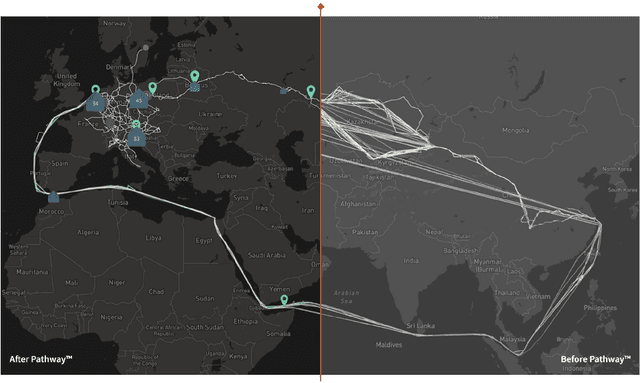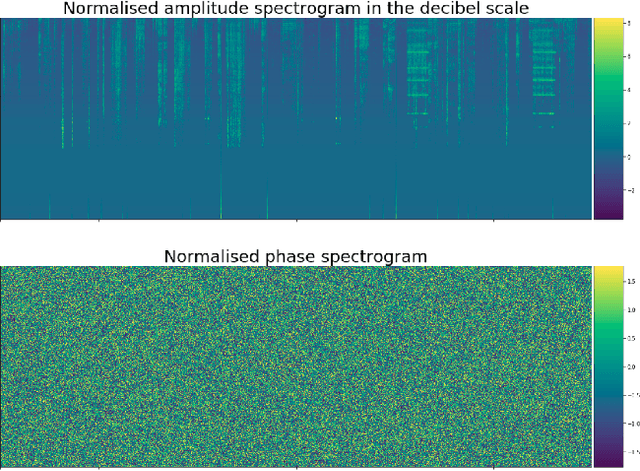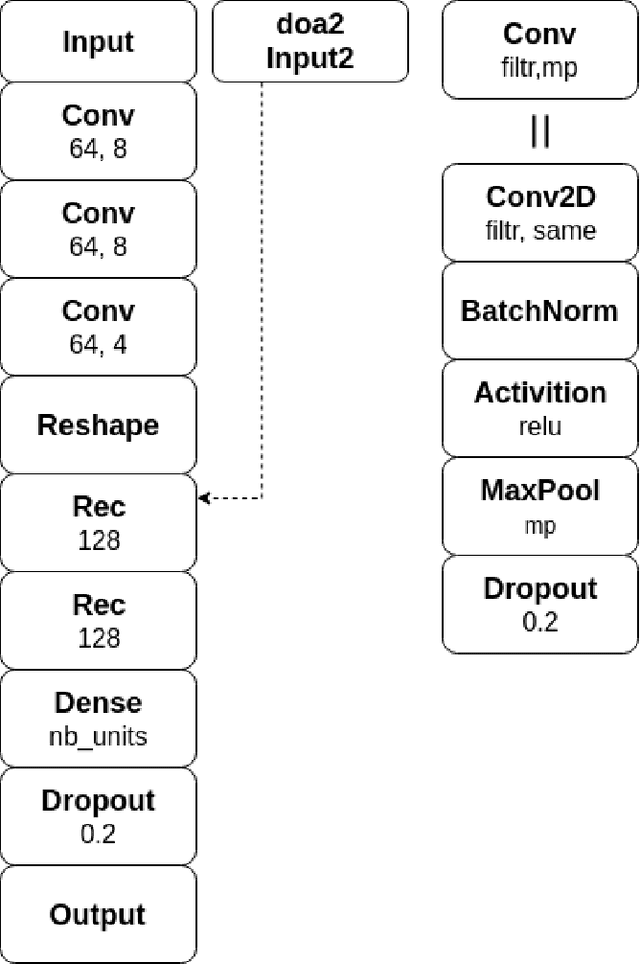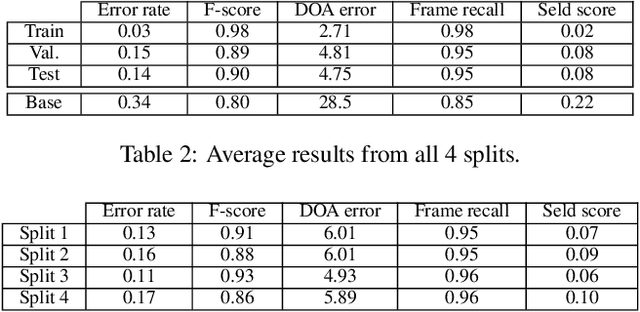Mateusz Lewandowski
Pathway: a fast and flexible unified stream data processing framework for analytical and Machine Learning applications
Jul 12, 2023



Abstract:We present Pathway, a new unified data processing framework that can run workloads on both bounded and unbounded data streams. The framework was created with the original motivation of resolving challenges faced when analyzing and processing data from the physical economy, including streams of data generated by IoT and enterprise systems. These required rapid reaction while calling for the application of advanced computation paradigms (machinelearning-powered analytics, contextual analysis, and other elements of complex event processing). Pathway is equipped with a Table API tailored for Python and Python/SQL workflows, and is powered by a distributed incremental dataflow in Rust. We describe the system and present benchmarking results which demonstrate its capabilities in both batch and streaming contexts, where it is able to surpass state-of-the-art industry frameworks in both scenarios. We also discuss streaming use cases handled by Pathway which cannot be easily resolved with state-of-the-art industry frameworks, such as streaming iterative graph algorithms (PageRank, etc.).
Sound source detection, localization and classification using consecutive ensemble of CRNN models
Sep 05, 2019



Abstract:In this paper, we describe our method for DCASE2019 task3: Sound Event Localization and Detection (SELD). We use four CRNN SELDnet-like single output models which run in a consecutive manner to recover all possible information of occurring events. We decompose the SELD task into estimating number of active sources, estimating direction of arrival of a single source, estimating direction of arrival of the second source where the direction of the first one is known and a multi-label classification task. We use custom consecutive ensemble to predict events' onset, offset, direction of arrival and class. The proposed approach is evaluated on the TAU Spatial Sound Events 2019 - Ambisonic and it is compared with other participants' submissions.
 Add to Chrome
Add to Chrome Add to Firefox
Add to Firefox Add to Edge
Add to Edge